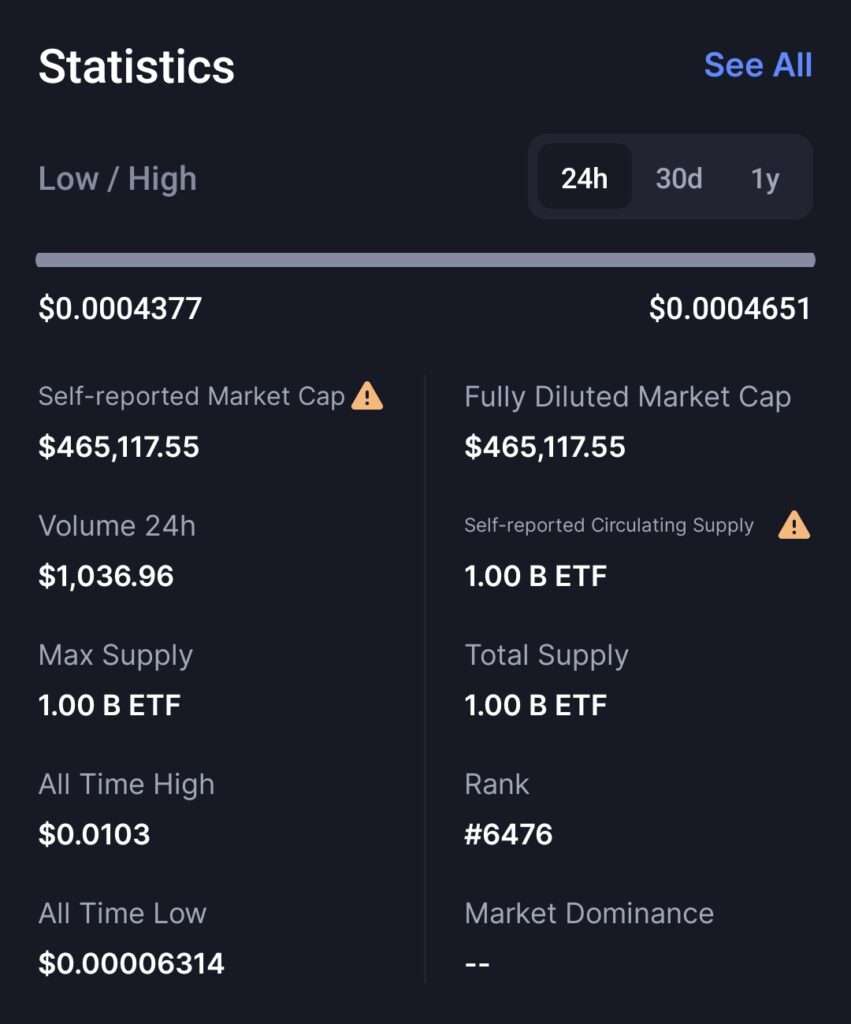Bitcoin ETF Approval Sparks Market Surge:
The approval of a Bitcoin Exchange-Traded Fund in 2024 marks a new milestone in the history of cryptocurrency. For more than ten years, Bitcoin has been the flagbearer for decentralized digital currencies, and this ETF approval brings with it a new legitimacy for the crypto space. ETFs have long been considered the bridge between traditional financial markets and alternative assets, offering mainstream investors a way to gain exposure without the challenges associated with direct ownership. This milestone is expected to reshape the crypto investment landscape, driving widespread adoption, altering market dynamics, and creating new opportunities for investors. It considers the impact of this disruptive invention-from a perspective of market impact, ease of access, regulatory dimensions, impact on the entire eco-system, and the crypto investment future.
1. Understanding Bitcoin ETFs and Their Market Impact
Investors will be able to get access to Bitcoin’s price action without managing private keys or wallets. That is why the introduction of Bitcoin ETFs is a game-changer; it has been approved recently in 2024 and, therefore, sparked such significant activity in the market, which caught both institutional and retail investors’ attention.
The immediate effect of this approval has been a sharp rise in the price of Bitcoin. Institutional investors, who had been hesitant to invest in Bitcoin due to concerns over custody, security, and regulation, now view ETFs as a safe entry point into the cryptocurrency market. Hedge funds, pension funds, and mutual funds are pouring billions into Bitcoin ETFs, driving liquidity and stability. This inflow of institutional capital is boosting the value of Bitcoin, but it also triggers a bull run across the entire cryptocurrency market. Altcoins, which are often seen as correlated with Bitcoin’s performance, are also going up, making digital assets even more attractive.

What It Means for Crypto Investors in 2024
2. Ease of Accessibility and Security for Investors
One of the largest advantages is that Bitcoin ETFs are accessible. Many were deterred for decades because of the technical sophistication it took to buy, store, and protect the value of Bitcoin. It would involve private keys, a digital wallet, and apprehensions related to hacking by unknown forces. The elimination of this barrier is what Bitcoin ETFs represent by allowing investors to buy and sell bitcoin exposure through their existing brokerage accounts.
In addition, ETFs are traded on regulated stock exchanges, ensuring a level of transparency and investor protection often missing in the crypto world. Retail investors, who would otherwise face difficulties in understanding blockchain technology or navigating unregulated exchanges, can now participate with greater confidence in the Bitcoin market. Institutional investors similarly benefit from the compliance and security guarantees associated with an ETF. All these elements together lower barriers to entry, making access to Bitcoin investment more democratic.
ETFs also offer diversification. Some Bitcoin ETFs are structured to include exposure to other crypto-related assets, such as blockchain technology companies or Ethereum, providing investors with a broader range of opportunities. This diversification reduces risk and makes crypto investments more attractive to conservative investors who prefer balanced portfolios.

3. Regulatory Challenges and Market Evolution
The road to approval of the Bitcoin ETF was not without its challenges. The regulatory agencies, particularly in the United States and Europe, were scrutinizing these financial instruments to address concerns on market manipulation, custody solutions, and investor protection. This finally means that Bitcoin has matured as an asset class but also brings the crypto industry under closer regulatory oversight.
For investors, this increased scrutiny is a double-edged sword. On the one hand, regulatory oversight ensures greater transparency and reduces the risk of fraud, fostering trust in the market. On the other hand, it may lead to stricter rules that could stifle innovation and limit the operations of smaller crypto firms. For example, exchanges and platforms may face higher compliance costs, potentially pushing some players out of the market.
Approval of Bitcoin ETFs also marks a shift in the way governments and financial institutions view cryptocurrencies. Bitcoin is no longer perceived as a speculative asset or a means for illegal transactions but rather as a legitimate store of value and investment vehicle. This change in perception may open the door to the approval of ETFs based on other cryptocurrencies, further integrating digital assets into the global financial system.
4. Impact on the Cryptocurrency Market
Approval of Bitcoin ETFs will have spillover effects beyond Bitcoin. The success of these products would likely create interest in comparable products for other cryptocurrencies such as Ethereum or Solana. If these assets too come under the umbrella of ETF, it could lead to a diversification of the crypto investment landscape, providing new opportunities to both retail and institutional investors.
Furthermore, increased legitimacy through ETFs may also spur the usage of cryptocurrencies in other spaces. Corporations may be more willing to accept Bitcoin as a means of payment as they see that its market is dominated by institutional capital and regulated investment vehicles. More industries could adopt blockchain technology as a solution because increased confidence in the sector may emerge.
However, the emergence of ETFs also brings about centralization concerns. The crypto community has always been an advocate for decentralization as a core principle, but ETFs are largely controlled by traditional financial institutions. This shift could concentrate power in the hands of a few major players, undermining the decentralized ethos that cryptocurrencies were built upon. For investors, this centralization could lead to fewer options and higher costs in the long term.
5. Outlook for Crypto Investors in 2024 and Beyond
Approval of Bitcoin ETFs is only the starting point for a new phase of cryptocurrency. The price of Bitcoin is likely to stabilize with increased institutional capital inflow, and that will make it more predictable and less volatile for an investor. Stability will then attract even more investors and create a positive feedback loop to encourage further growth.
The arrival of Bitcoin ETFs presents a new market to retail investors who formerly would have deemed the cryptos a niche, accessible only to insiders. Though this opens a new chapter in participation in the former niche, risks such as regulatory changes, market manipulation, and technological vulnerabilities remain; therefore, staying updated is important to maximizing returns for investors.
Looking forward, the success of Bitcoin ETFs could spur innovation into more creative financial products like multi-asset crypto ETFs or tokenized ETFs combining traditional assets with digital ones. This will only make the lines between traditional and digital finance blur further to make the financial system much more integrated and inclusive.

Introduction
Bitcoin Exchange-Traded Funds (ETFs) are finally gaining nodding approval in the major financial markets. Undoubtedly, this revolutionary development will change the crypto landscape, promising more adoption and greater institutional interest. So, let’s explore what Bitcoin ETFs are, their impact on the market, and what this means for crypto investors in 2024.
What are Bitcoin ETFs?A Bitcoin ETF is, hence, a financial product that mimics the price of Bitcoin. Investors can get into the cryptocurrency without directly owning it. This makes the investment easier, especially for those afraid of complexity surrounding crypto wallets and exchanges.SEO KeywordsWhat is a Bitcoin ETFBenefits of Bitcoin ETFBitcoin investment made simpleWhy is Approval of Bitcoin ETFs a Big Deal?
1. Institutional Adoption:
First, it will open Bitcoin ETFs to institutional investors, including banks and hedge funds. This injection of capital may help to drive the price of Bitcoin higher.
2. Regulatory Confidence
Approving ETFs by regulatory bodies has meant increased confidence in cryptocurrency as a worthy asset class, encouraging even cautious investors to enter this market.
3. The Ease of Access to Markets
ETFs open Bitcoin access to ordinary investors, as the technical, and basically, the complications in the process of buying seem to wear off.



